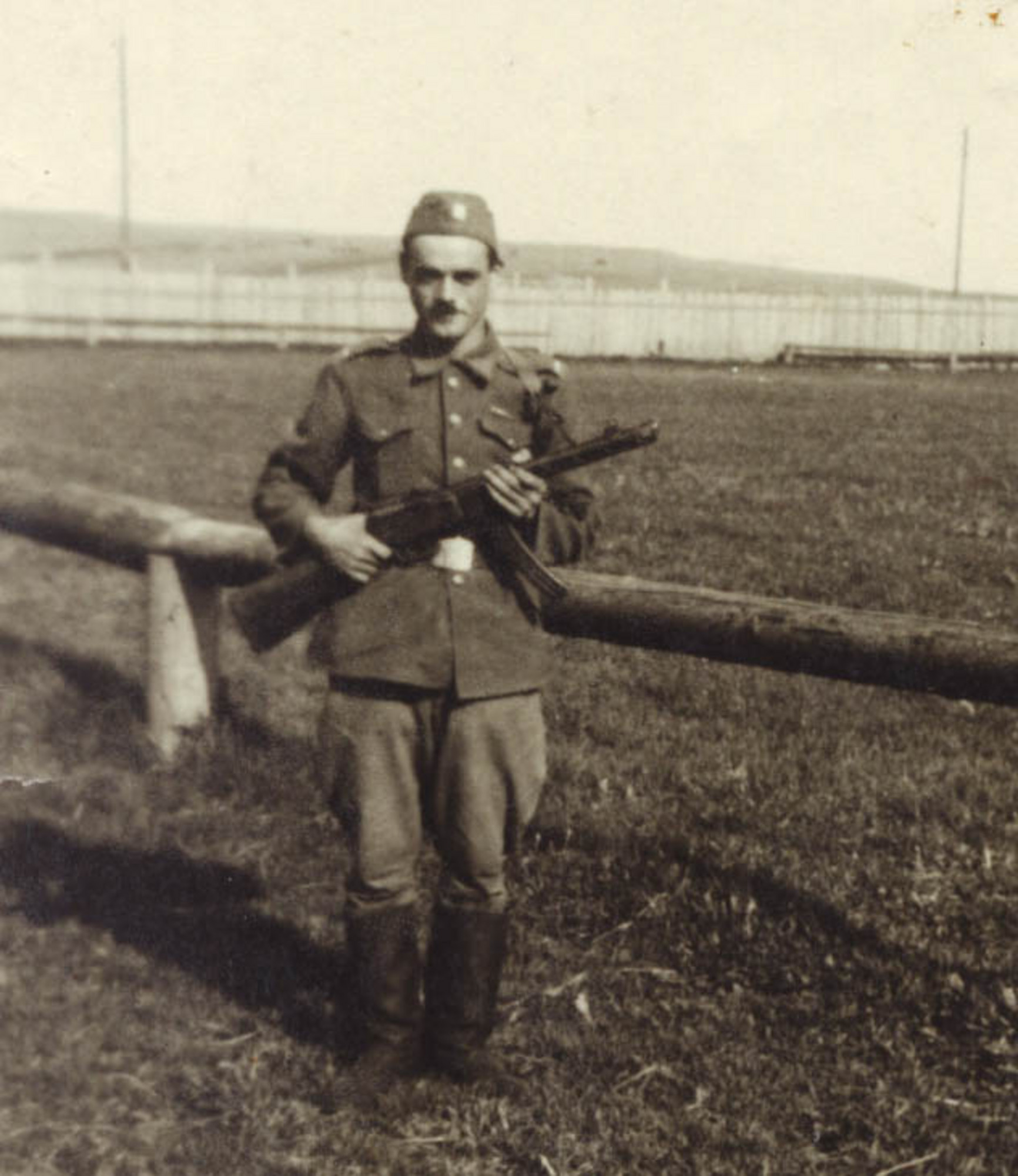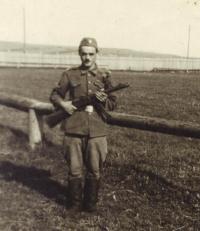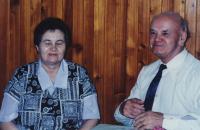„In that bakery on the front, we would change shifts. But the conditions on the front were terrible. The Soviets watched over us. The Soviets had two armies - the normal one and then the communist one. And when one of them wanted to retreat, they would shoot them all. It was horrible, they could not retreat.“
Antonín Slavík was born December 10th, 1921 in Uzhhorod. He grew up as an orphan. After the Munich agreement he illegally crossed the border to the Soviet Union, where he was however sentenced to three years for espionage. He was imprisoned in the Pečora and Inta camps. Afterwards he was drafted to the army in Buzuluk and trained as a mortar shooter. He participated in the liberation of Charkov, Kiev and Bílá Cerkev. Then he suffered an injury, and therefore took part in the Carpathian-Dukla operation only as an army canteen worker; he worked in a bakery. With the army he thus arrived to Poprad, where the end of the war found him. After the war he worked in the Physiology department of the Faculty of Natural Sciences of Charles University in Prague.


